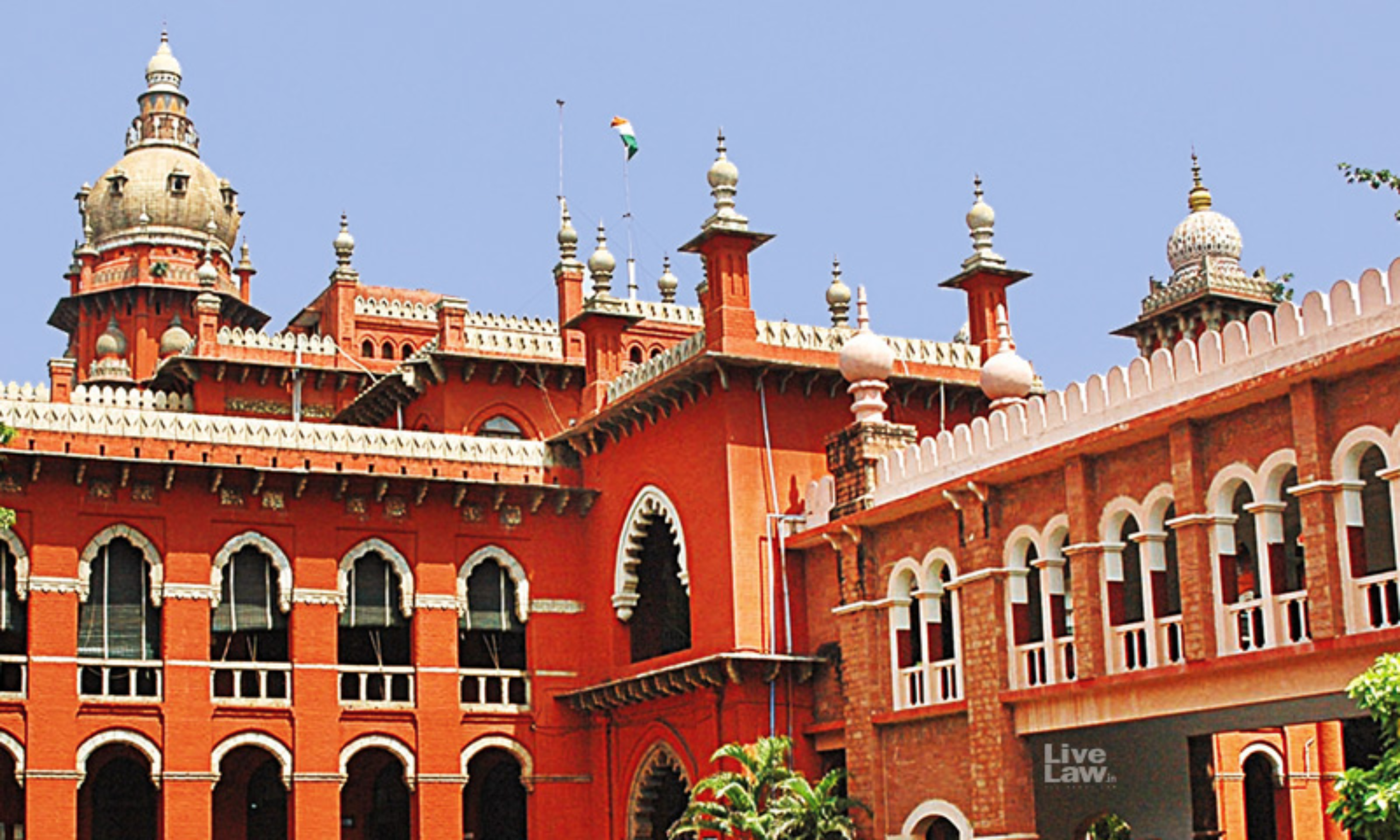Chennai – In a groundbreaking judgment that could reshape India’s legal and financial treatment of digital assets, the Madras High Court has ruled that cryptocurrency qualifies as “property” under Indian law. The verdict not only offers clarity to investors and regulators but also marks a pivotal step in aligning India’s judiciary with global crypto jurisprudence.
Delivering the ruling, Justice N. Anand Venkatesh stated that while cryptocurrencies like XRP are not legal tender or physical goods, they possess all essential characteristics of property.
“It is not a tangible property nor is it a currency. However, it is a property, which is capable of being enjoyed and possessed… capable of being held in trust,” the judge observed.
Investor’s Petition Becomes a Turning Point
The judgment arose from a petition filed by an investor whose 3,532.30 XRP tokens — valued at approximately ₹1.98 lakh — were frozen after a major cyberattack on WazirX, one of India’s largest cryptocurrency exchanges, in July 2024.
The hack, which targeted Ethereum and ERC-20 tokens, led to a reported $230 million (about ₹1,900 crore) loss and resulted in widespread account freezes. The petitioner argued that her XRP holdings were distinct from the compromised tokens and should not be subject to the freeze.
She sought judicial protection under Section 9 of the Arbitration and Conciliation Act, 1996, requesting the court to restrain Zanmai Labs Pvt. Ltd.—the operator of WazirX—from redistributing her digital assets.
The First Firm to Assess Your DFIR Capability Maturity and Provide DFIR as a Service (DFIRaaS)
Exchange’s Defense Rejected
Zanmai Labs countered that its Singapore-based parent firm, Zettai Pte Ltd, was undergoing a court-supervised restructuring process that required all users to share losses collectively.
Justice Venkatesh dismissed the argument, observing that the petitioner’s assets were unrelated to the stolen ERC-20 tokens involved in the hack.
“What were subjected to the cyberattack were ERC-20 coins, which are completely different cryptocurrencies not held by the applicant,” the court clarified.
Court Affirms Jurisdiction and Legal Authority
The Madras High Court also addressed jurisdictional concerns raised by the respondents. Referring to the Supreme Court’s 2021 judgment in PASL Wind Solutions v. GE Power Conversion India, Justice Venkatesh emphasized that Indian courts have authority to protect assets within the country’s borders, even if international restructuring proceedings are ongoing.
Since the transactions originated in Chennai and were routed through an Indian bank, the High Court asserted full jurisdiction over the dispute.
Recognition Under Income Tax Act Strengthens Legal Status
In a significant clarification, Justice Venkatesh referred to Section 2(47A) of the Income Tax Act, which categorizes cryptocurrencies as “virtual digital assets” (VDAs). This statutory reference, he said, reinforces their recognition as assets capable of ownership, transfer, and taxation under Indian law.
The court noted that this classification provides a clear legal foundation for treating cryptocurrencies as property — capable of being held, transferred, or even placed in trust — thus extending the scope of judicial protection to investors.
Call for Stricter Regulation and Governance
The judgment also highlighted the urgent need for stronger regulatory oversight in the digital asset sector. Justice Venkatesh called for:
- Independent audits of crypto exchanges,
- Segregation of client and corporate funds, and
- Enhanced KYC (Know Your Customer) and AML (Anti-Money Laundering) compliance mechanisms.
He stressed that as India advances toward a Web3-driven digital economy, governance frameworks must evolve to ensure investor protection and financial accountability.
Implications for India’s Crypto Ecosystem
Legal experts view the ruling as a watershed moment for India’s crypto and fintech industries. By affirming cryptocurrency as property, the court has established a legal basis for ownership rights, dispute resolution, and asset protection, areas that have long been clouded by regulatory ambiguity.
“This judgment bridges a crucial gap in India’s legal understanding of digital assets. It not only protects investors but also signals to policymakers that a formal regulatory structure for crypto is overdue,” said a senior corporate lawyer specializing in digital finance.
The verdict could also influence upcoming policy discussions on India’s Digital India Act and the Virtual Digital Assets Taxation framework, both of which are expected to define the future landscape of blockchain and crypto innovation in the country.
Towards Legal Maturity in the Digital Age
The Madras High Court’s reasoning situates Indian courts at the forefront of digital asset jurisprudence, echoing global trends where nations are increasingly classifying cryptocurrencies as property for purposes of ownership, inheritance, and taxation.
By legally recognizing crypto as property — neither currency nor mere code — the judgment ensures that investors’ rights are judicially enforceable and that crypto holdings receive the same protection as other valuable assets.
In essence, the ruling ushers India into a new chapter of legal and financial modernization, one where blockchain and law converge to create a more secure and transparent digital economy.


